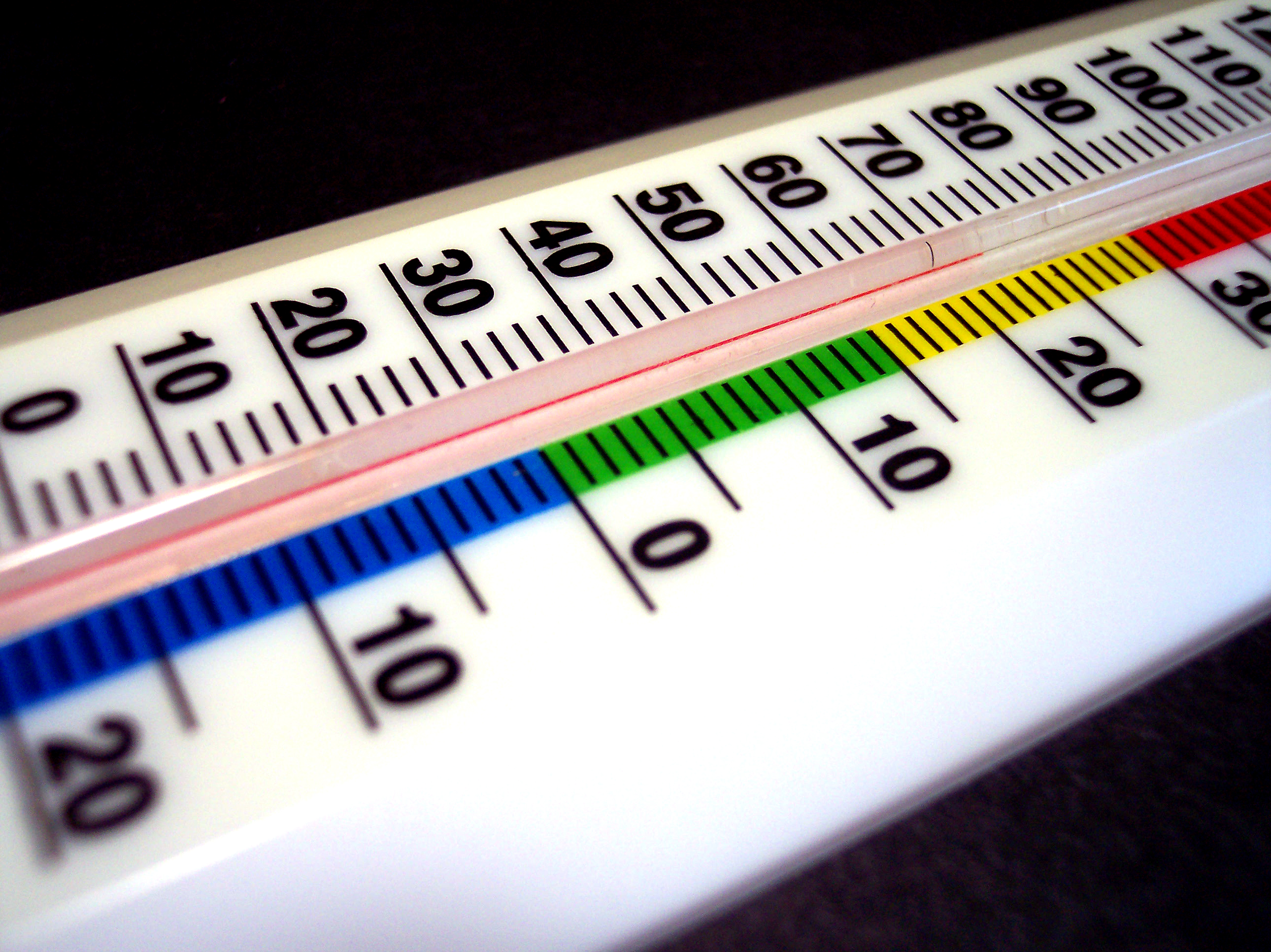01.09.11
What Does Average Mean?
Have you ever stopped to think what meteorologists and climatologists mean by the words “average” and “normal“?
When your local TV weathercaster tells you that today’s temperature is 10 degrees below normal, do you just assume that average/normal means the average quantity (e.g., temperature) for that time period (e.g., January 9th) over all years in recorded history?
If so, you might be surprised to find that average/normal typically means something else in meteorology and climatology.
The climate of any given place changes over time; the earth as a whole naturally goes through cold, warm, wet, and dry cycles (this is true regardless of man’s impact on the atmosphere). This being the case, taking the average temperature, for example, of New York from the 1800s to 2010 may not give a very good picture of the typical temperature you might expect to find in New York.
In meteorology and climatology, we take the average value of a quantity over a 30-year period ending with the end of the last decade, and call that value the average, or the normal.
This means that from 2001 through 2010, the average annual rainfall for Seattle is defined as the annual rainfall averaged from 1971 through 2000.
Now that we’ve moved on to a new decade, we’ll be moving on to a new set of averages: those from 1981 through 2010.
Will this affect how we define our “normal” weather? Yes. In many cases there will not be much of a difference, but take temperature, for example. The 1970s were cooler than the 2000s, thus the new average temperatures for many places will be warmer.
